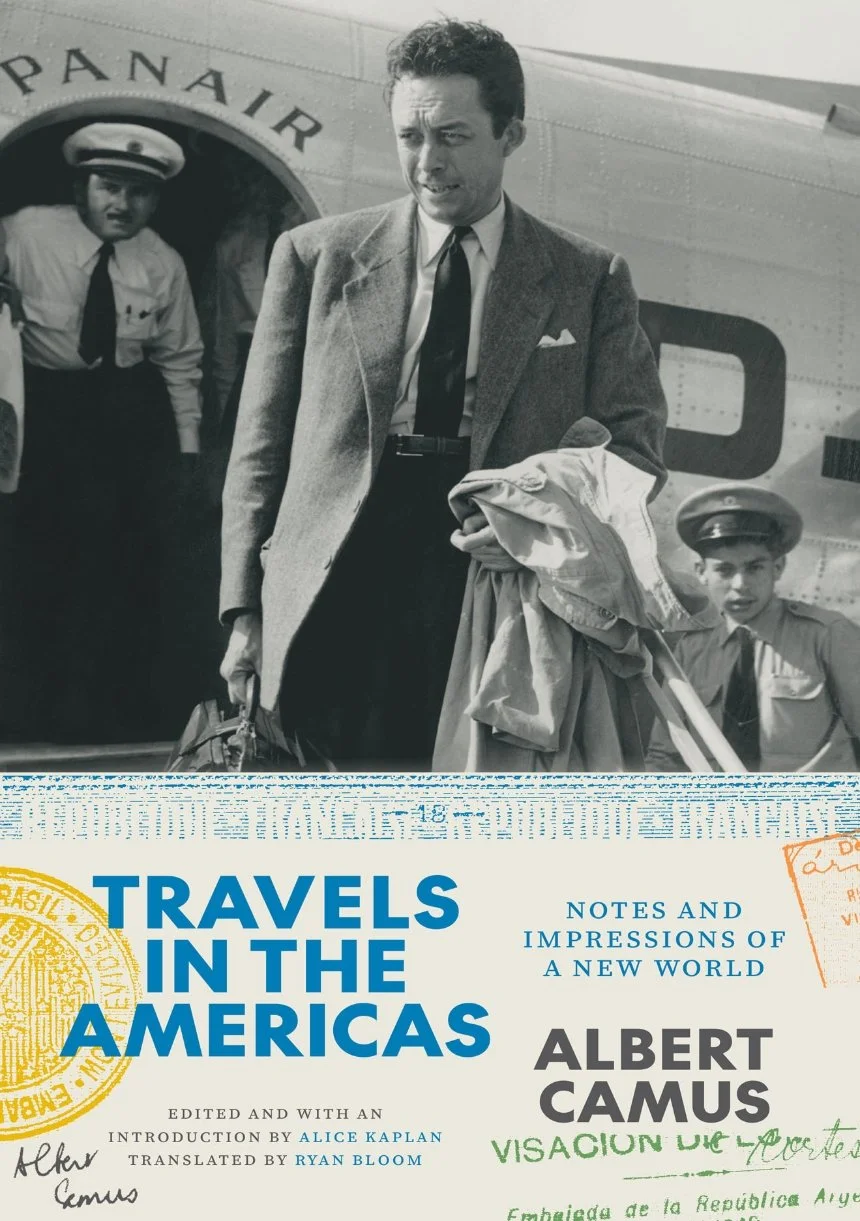Albert Camus
Albert Camus (1913-1960) was a Franco-Algerian novelist, short story writer, playwright, essayist, journalist, and philosopher who was awarded the Nobel Prize for Literature in 1957, when he was 44 years old. He was the second-youngest to win the Nobel for a life-body of work, the first being Rudyard Kipling in 1907 (Kipling was 41 at the announcement). Camus and Kipling make an interesting coincidental pair, since both of their careers were engagements with colonialism, its consequences tragic or strengthening or both. Camus during his lifetime and certainly after his death was hunted by categorical thinkers to capture, cage, and display him as identified as the representative of this or that -ism. He always eludes them. He was an artist, a political man, a newsman, and a wonderfully complex human being.
I will gradually add associated writers, sometimes friends of his (Beauvoir), sometimes later writers who intertwine a work with Camus’s legacy (Daoud). His too-short life, ended by a car wreck, was in the midst of a dramatic time. I don’t think he would want to be isolated from it or his fellow travelers.
Travels in the Americas: Notes and Impressions of a New World
Travels in the Americas: Notes and Impressions of a New World
Albert Camus’s lively journals from his eventful visits to the United States and South America in the 1940s, available again in a new translation.
In March 1946, the young Albert Camus crossed from Le Havre to New York. Though he was virtually unknown to American audiences at the time, all that was about to change—The Stranger, his first book translated into English, would soon make him a literary star. By 1949, when he set out on a tour of South America, Camus was an international celebrity. Camus’s journals offer an intimate glimpse into his daily life during these eventful years and showcase his thinking at its most personal—a form of observational writing that the French call choses vues (things seen).
Camus’s journals from these travels record his impressions, frustrations, joys, and longings. Here are his unguarded first impressions of his surroundings and his encounters with publishers, critics, and members of the New York intelligentsia. Long unavailable in English, the journals have now been expertly retranslated by Ryan Bloom, with a new introduction by Alice Kaplan. Bloom’s translation captures the informal, sketch-like quality of Camus’s observations—by turns ironic, bitter, cutting, and melancholy—and the quick notes he must have taken after exhausting days of travel and lecturing. Bloom and Kaplan’s notes and annotations allow readers to walk beside the existentialist thinker as he experiences changes in his own life and the world around him, all in his inimitable style.

